
Trường THCS Năng khiếu tuyển sinh khóa đầu tiên bằng trắc nghiệm và tự luận
Thứ tư, 16/4/2025, 03:40 AM
Trường THCS Năng khiếu (thuộc ĐH Sư phạm Hà Nội) vừa công bố chỉ tiêu và các phương thức tuyển sinh.
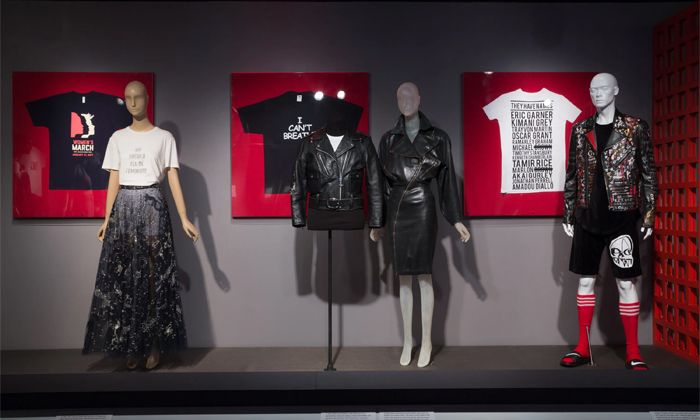
Spotlight English is an audio program made for people who are learning English. Each program serve learners in two ways.They help people practice their English listening and understanding. They also are about subjects that can improve the lives of listeners and their communities.
Adam Navis and Liz Waid look at how clothing can influence how people feel. What is so special about clothes?
Click below to play
[LISTENING CONTENT]
Voice 1
Welcome to Spotlight. I’m Adam Navis.
Voice 2
And I’m Liz Waid. Spotlight uses a special English method of broadcasting. It is easier for people to understand, no matter where in the world they live.
Voice 1
Yoshiyuki Miyamae loves to design and create clothes. He is a successful clothes designer. As a young boy he wanted the clothes that he saw in stores, but they cost too much money. So he began to make his own clothes. When he was a university student, Miyamae was able to attend a clothing show by another Japanese designer, Issey Miyake. He saw how clothes could change how people felt. He explained to the Thailand Tatler,
Voice 3
“How does what we wear influence how we feel? When we wear bright colours, we are in a bright mood. When we feel tired, we do not want to wear clothes that fit close to our body. To me, this is the power of clothes.”
Voice 2
Clothes can simply protect us from rain, cold, or heat. But clothes can also change how people see us. They can change how we see ourselves. Clothes can even be a way to express our personality. Today’s Spotlight is on the power of clothes.
Voice 1
If someone told you, “You look nice today!” what would you imagine you are wearing? A colourful dress? A shirt and necktie? Maybe your favorite shirt or shoes? The answer depends on where you live. Clothes are different around the world. Also, there are different clothes for different situations or events.
Voice 2
The clothes we wear communicate something. Some people like clothes that are wild and crazy. Other people like clothes that are quiet and simple. Each choice tells the world something. Clothes shape us in ways we may not even understand. For example, in school, many children all wear the same uniforms. Research shows that children who wear uniforms learn better in school. When people wear clothes for exercise, they are more likely to exercise. Even the color of our clothes can change how we feel. Gauri Sarda-Joshi wrote for Brain Fodder about this. She wrote,
Voice 4
“While our mental state clearly affects the way we dress; the opposite may also be true. What we wear could affect how we react when we are sad, nervous, or feeling stress. Research says the fastest little fix for a bad day is to wear brightly colored clothes. Happy colors can improve how we feel and how much energy we have. We connect bright colors with happiness, days in the sun, and carefree times like the summer vacations when we were children.”
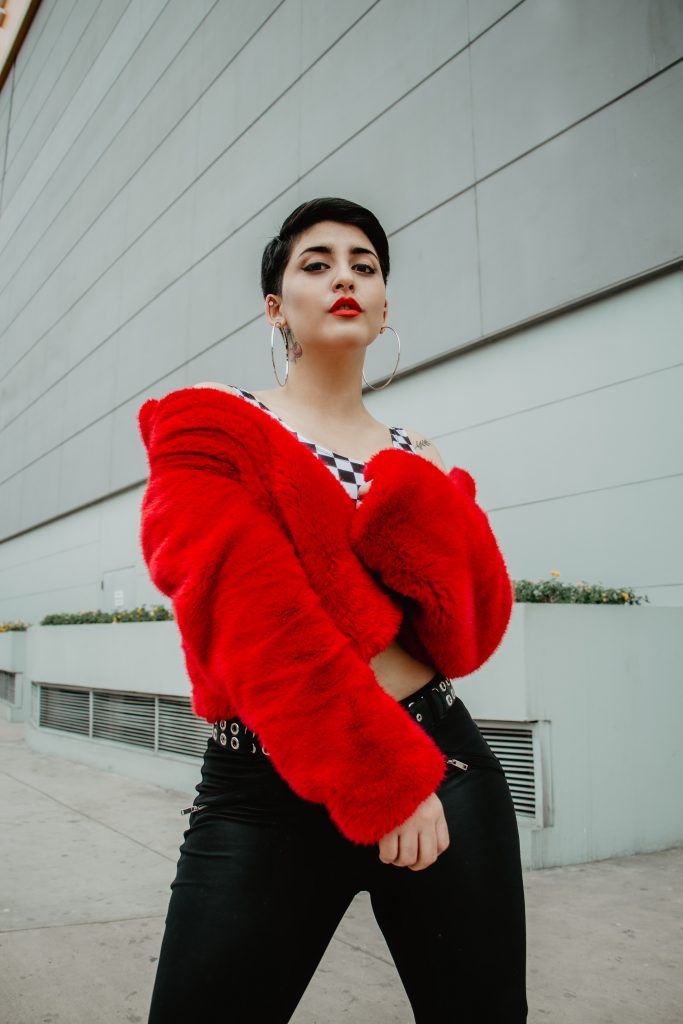
Voice 1
Our clothes can even change the way we think. In 2015, the journal Social Psychological and Personality Science published a study. The study looked at how students felt wearing different kinds of clothes. Formal clothing is clothing a person may wear to work or an important event. The study found that when the students dressed in formal clothing they were better at thinking about complex problems.
Voice 2
Many jobs used to require people to wear formal clothing. This could be a suit and tie for a man and a dress for women. But now this is less common. People dress more in casual clothes — clothes that are more comfortable. But this does not mean formal clothing is going away. Michael Slepian is one of the authors of the study. He told the Atlantic,
Voice 5
“I would even guess the effect this study found could get stronger if formal clothing is only worn for the most formal of situations. It takes a long time for symbols and our agreed meaning of those symbols to change. I would not expect formal clothes as the symbol of power to be leaving us anytime soon.”
Voice 1
And it is not just formal clothing that can have power. Scarlett Curtis was only 14 years old when she needed a medical surgery. After the surgery, she was only able to walk short distances. She stayed at home. She often stayed in bed. She only dressed in soft, comfortable clothes that were easy to sleep in. But Curtis decided to go to school in New York City and make a change. She still found clothes that made her feel comfortable. But now her clothes also helped her feel better. She began to choose clothes would look nice too. She wrote in InStyle magazine,
Voice 6
“It is easy to think of clothes as things that only touch the surface. We forget the truth that every choice we make each morning says something about who we are or who we want to be. Our clothes are the protection we put on against the battle that is life. As I move back into normal life I struggle with this; the strong connection between how I feel and what I am wearing.”
Voice 2
And yet, not everyone in the world is able to make these choices so easily. Many people do not have a lot of clothes. And in some places this becomes a problem.
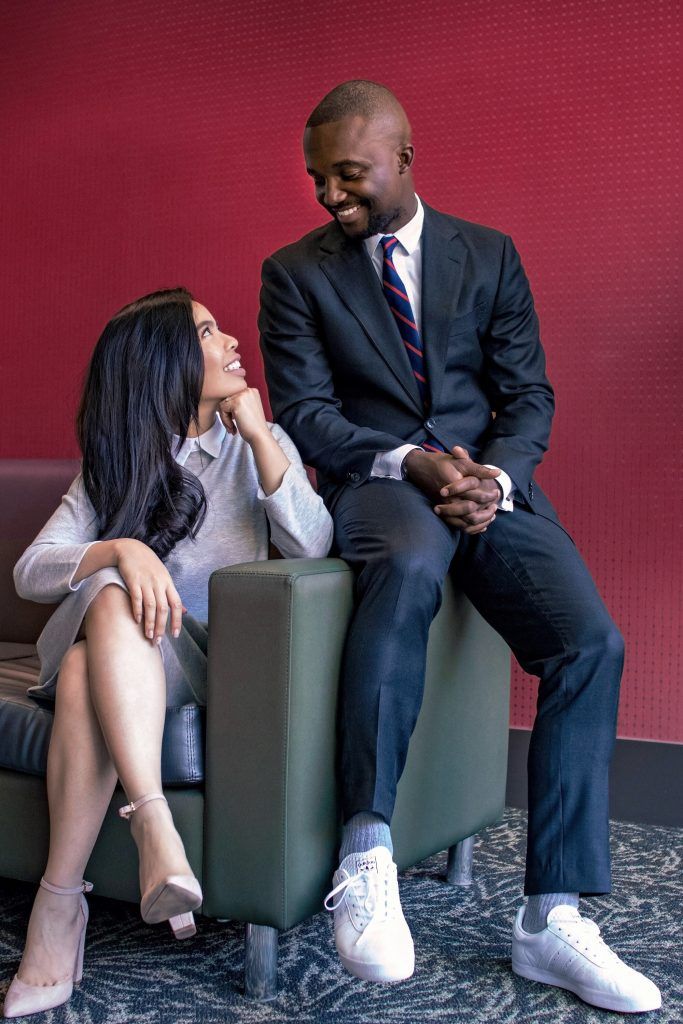
Voice 1
In Myanmar there has been a lot of fighting between different groups. One result of this has been that over 100,000 people had to leave their homes in one area – Kachin State. Many of these people live in refugee camps. They do not have money or stores to buy clothes. The Japanese clothing company UNIQLO decided to work with the United Nations High Commission on Refugees to do something.
Voice 2
UNIQLO gave clothing from Japan to the refugees in Myanmar. One woman who left her home in Myanmar explained to the UNHCR why this was important:
Voice 7
“Some of us even had no choice than to leave by foot. We heard the gun shots and we escaped. We could carry one or two sets of clothes. What we are wearing is what we brought from home. When we left we took some things with us, but not a lot. We did not think it would take so long before we could return to our villages.”
Voice 1
Even in a bad situation, good clothes can make people feel a little better. People living in refugee camps do not care about the latest trends in fashion. They want new, clean clothes. It does not solve all their problems. But it does help them feel better.
Voice 2
What about you? Do you have a favorite piece of clothing? How do you feel when you wear it? Tell us about it. You can leave a comment on our website. Or email us at radio@radioenglish.net. You can also comment on Facebook at Facebook.com/spotlightradio.
Voice 1
The writer of this program was Adam Navis. The producer was Michio Ozaki. The voices you heard were from the United States and the United Kingdom. All quotes were adapted for this program and voiced by Spotlight. You can listen to this program again, and read it, on the internet at www.radioenglish.net. This program is called, ‘The Power of Clothes’.
Voice 2
Look for our free official app in the Google Play Store and in iTunes. We hope you can join us again for the next Spotlight program. Goodbye.
Question:
Do you have a favorite piece of clothing? How do you feel when you wear it? Write your answer in the comments below.
Tin tức liên quan
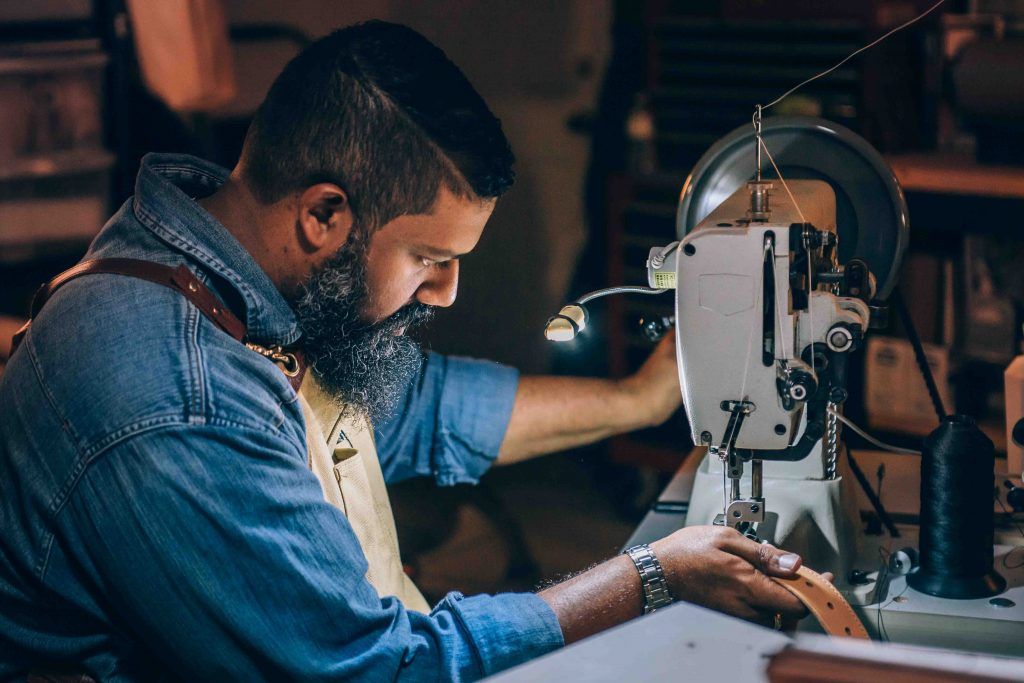
Thứ ba, 6/12/2022, 04:01 AM

Thứ ba, 6/12/2022, 04:01 AM
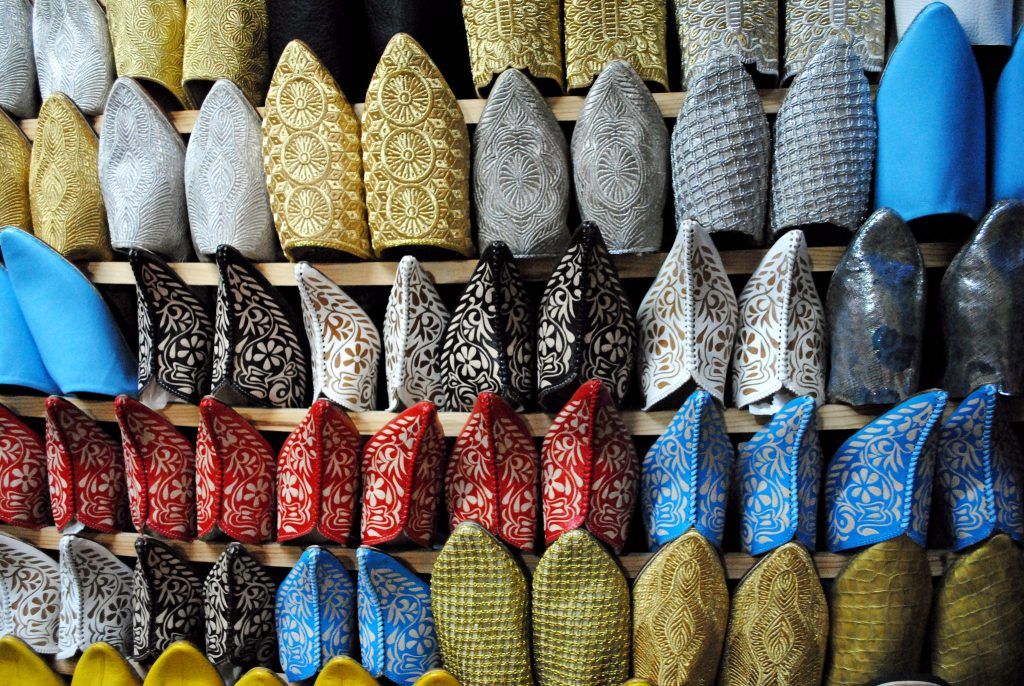
Thứ ba, 6/12/2022, 04:02 AM
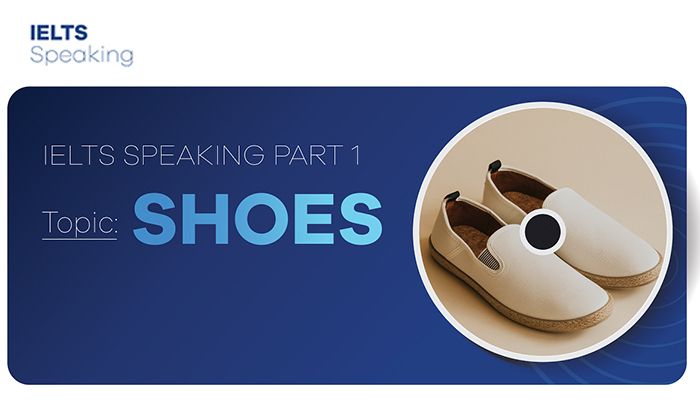
Thứ hai, 5/12/2022, 10:12 AM